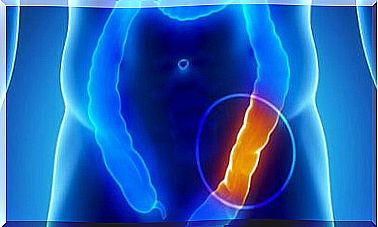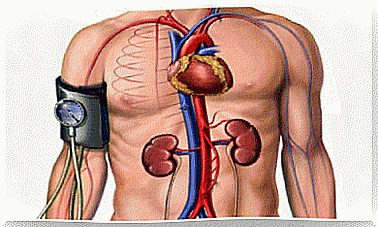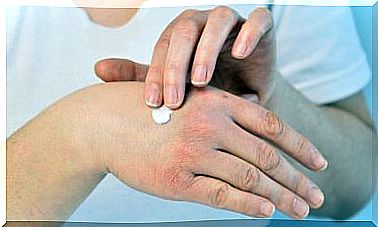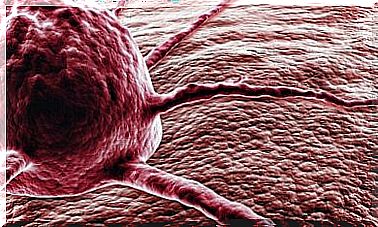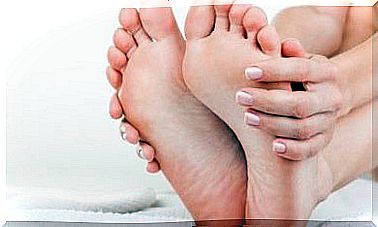Advice If You Sleep Less Than 7 Hours A Night
When you sleep less than 7 hours a day, your brain cannot perform properly during the day, and you have to train your body to rest enough.
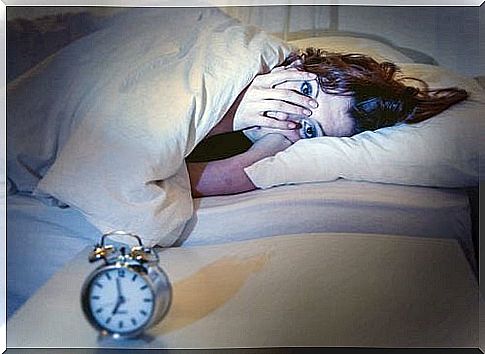
Sleeping less than 7 hours a day, and chronically will affect your health.
Little by little, you will notice the consequences of this lack of rest, both on the body and on the brain.
To get a healthy and restorative rest, we need to rest between 7 and 9 hours.
It is clear that each person has needs, which will not be the same in a child or in an adult of advanced age.
However, it is better to stick to the 7 o’clock threshold.
At the moment when our rest oscillates between 4 and 6 hours continuously (we are not talking, of course, of the occasional insomnia), it is necessary to change our routine and see a doctor.
We suggest you start making small changes in your lifestyle.
Whether you have a problem getting to sleep or not, they can help.
It is worth trying them out. You will inevitably gain in rest!
Get less than 7 hours of sleep per night: start applying these simple tips
It may seem surprising to you, but the people who understand sleep hygiene the best are the astronauts.
- Having to live in space for long periods of time forces them to develop sleep routines that allow them to maintain their circadian rhythm.
- From their space stations, they can see how the Earth, in its calm and perfect rhythm, welcomes the sunrise in one corner of the world, and at the same time, the sunset in another corner of the world …
- Astronauts, in the solitude of their small, gravity-dependent rooms, have lost touch with the light and dark that allows us to regulate our cycles of sleep and wakefulness.
The effects of this altered sleep causes serious problems. Serious problems considering the work they have to do, where any flaw can be irreparable.
That’s why NASA has done some interesting studies on our body clock and recommends a whole series of tips for getting good sleep.
We explain everything to you in this article.
Maintain regular schedules: your body has an internal clock!
We all have this “biological clock” that marks the circadian rhythm. This allows us to regulate physiological changes during the 24 hours of the day.
- Following a suitable routine such as always eating and going to bed at the same time each day guarantees us harmony in these physiological changes.
- The more constant we are in these cycles, in these daily routines, the more favorable our well-being and our rest are.
But following these routines is not always possible. Having a job with changing hours, for example, forces us to disrupt this clock.
In this case, and as far as possible, we should sleep between 7 and 9 hours a day. The following tips may help you.
Control the external signs around you
To sleep, you need darkness. This is how our brain regulates the sleep-wake mode. If you have to sleep during the day, lower the shutters and try not to let in any light under the doors.
- Likewise, electronic devices must be controlled. To enjoy a restful sleep, it is necessary to turn off your cell phone, computer and television one hour before going to bed.
Even if it is difficult, your spirit will thank you.
Your room temperature and odors
It may sound like a mistake, but you have to take it into account. The ideal temperature in a room to fall asleep should be between 15 and 22 degrees.
- Likewise, an unpleasant smell can disturb sleep and even cause nightmares.
- The scents of vanilla or lavender are relaxing.
One hour of rest before sleeping
If you get less than 7 hours of sleep, this tip may help. An hour before going to sleep, as we told you, turn off all electronic devices.
- Make yourself comfortable and read a book. Don’t obsess over sleeping. Now is the time to put out the rumor of preoccupations and of “tomorrow, I must…” to immerse yourself in reading.
Nothing matters now, everything should be calm. Little by little, without you realizing it, sleep will come into your brain.
Short naps help you fight insomnia
This may seem contradictory to you. But to understand it, analyze this information.
- The healthiest nap is one that lasts between 15 and 20 minutes, and you should not exceed this period.
- It’s the perfect time to wake up more active, more rested.
- Sleeping more generates just the opposite: we wake up tired and go to bed without any desire to sleep.
A quick nap in the middle of the day also helps regulate our cycles and internal clock.
In conclusion, if you get less than 7 hours of sleep a night, you should know that the key lies in training your brain to regulate itself. Be aware of these tips.
Do not hesitate, therefore, to consult your doctor for this problem.
It is necessary to know why this inability to rest exists, and what clinical strategies to follow in cases of chronic insomnia.
